Cognitive Processing Therapy
CPT is a cognitive-behavioral therapy (treatment that focuses on thoughts and feelings) for Posttraumatic Stress Disorder, or PTSD, and related conditions.
PTSD can develop when an individual experiences a traumatic event such as physical and sexual abuse or assault, accidents, threats, military combat, or being a witness to violence or death.
CPT focuses on the connections between thoughts, feelings, behavior and bodily sensations. CPT is an evidenced based therapy which means that it has been proven to be effective through rigorous scientific research.
CPT provides a way to understand why recovery from traumatic events is difficult and how symptoms of PTSD affect daily life. The focus is on identifying how traumatic experiences change thoughts and beliefs, and how thoughts influence current feelings and behaviors. An important part of the treatment is addressing ways of thinking that might keep individuals “stuck” and get in the way of recovery from symptoms of PTSD and other problems.
What Can You Expect?
Your provider will start off by giving you an overview of the treatment. Together, you will review some information about PTSD in order to help you better understand your symptoms. Your provider probably will ask about the type of trauma you experienced, but you will not need to go into great detail right away. Your provider will also ask you to do some writing about how your trauma has affected you. Over the next several sessions, you will talk about any negative or unhelpful thoughts you have been having about the trauma, and you will work together to learn to consider other ways of thinking about the situation. You will use worksheets in session and at home that help you learn this strategy. CPT can also include writing about the details of your trauma (although sometimes this can be skipped). This may sound difficult at first, but you may be more able to cope with emotions like anger, sadness and guilt by talking it over with your therapist. Towards the end of therapy, you and your therapist will focus on some specific areas of your life that may have been affected by the trauma, including your sense of safety, trust, control, self-esteem, and intimacy.

“Our greatest glory is not in never falling, but in rising every time we fall.”
-Confucius
Goals of CPT
Improve understanding of PTSD
Reduce distress about memories of the trauma
Decrease emotional numbing (i.e., difficulty feeling feelings) and avoidance of trauma reminders
Reduce feelings of being tense or “on edge”
Decrease depression, anxiety, guilt or shame
Improve day-to-day living
What are the Risks?
The risks of doing CPT are mild to moderate discomfort when talking or writing about trauma-related memories or beliefs. These feelings are usually brief and people tend to feel better as they keep doing CPT. Most people who complete CPT find that the benefits outweigh any initial discomfort.
Please refer to the following link for more information about CPT.
Information is adapted from CPTforPTSD.com
At Sankalpa, Melissa Tyler, MA. LMFT and Elliott Odendahl, MSW, LICSW are trained and certified to provide CPT therapy.

